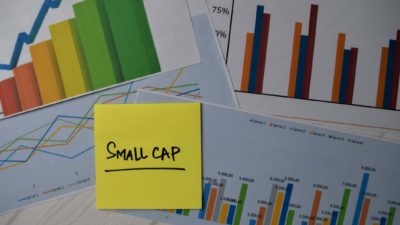At the start of each year, disciples of Michael O'Higgins' "Dogs of the Dow" strategy will buy many of the worst performing shares on a particular index.
The Dogs of the Dow strategy involves buying 10 of the worst-performing (dividend-paying) shares from the previous year from the Dow Jones Industrial Average at the start of the year. The dividend payment is seen as a sign that the company in question is still financially sound and not about to become insolvent. Some local investors also do the same on the local bourse with the ASX 100 index.
The team at Atlas Funds Management have been looking at the strategy and given their verdict on a few of Australia's "dogs".
Firstly, Chief Investment Officer, Hugh Dive, explained why the strategy can work for investors.
He said: "One of the reasons this strategy persists is that institutional fund managers often report their portfolios' contents to asset consultants as part of their annual reviews. This process incentivises fund managers to sell the "dogs" in their portfolio towards the end of the year as part of "window dressing" their portfolio before being evaluated."
"Here retail investors can have an advantage over institutional investors. Their lack of scrutiny from asset consultants allows them the flexibility to pick up companies whose share prices have been under pressure late in the year that could see a rebound when the selling pressure stops in January and February," Dive added.
Another year to forget for this dog?
One of the dogs of the ASX 100 last year was the A2 Milk Company Ltd (ASX: A2M) share price. It lost over half of its value during the 12 months. And while it doesn't actually pay a dividend, it appears to have been included due to its ability to pay a dividend if required. The infant formula company is sitting on a mountain of cash but chooses to reinvest it rather than pay a dividend.
Atlas Funds Management isn't keen on A2 Milk, though. This is because it believes "finding the fallen angel" is best when the "underperformance is due to stock-specific problems rather than macroeconomic issues beyond a company's control."
Whereas A2 Milk's underperformance has largely been driven by regulatory issues in China and falling ecommerce sales. This is not something which the company is able to control, as we have seen over the last 18 months.
All in all, although the A2 Milk share price has sunk lower over the last 12 months, this fund manager doesn't think investors should bet on it outperforming the market in 2022.









